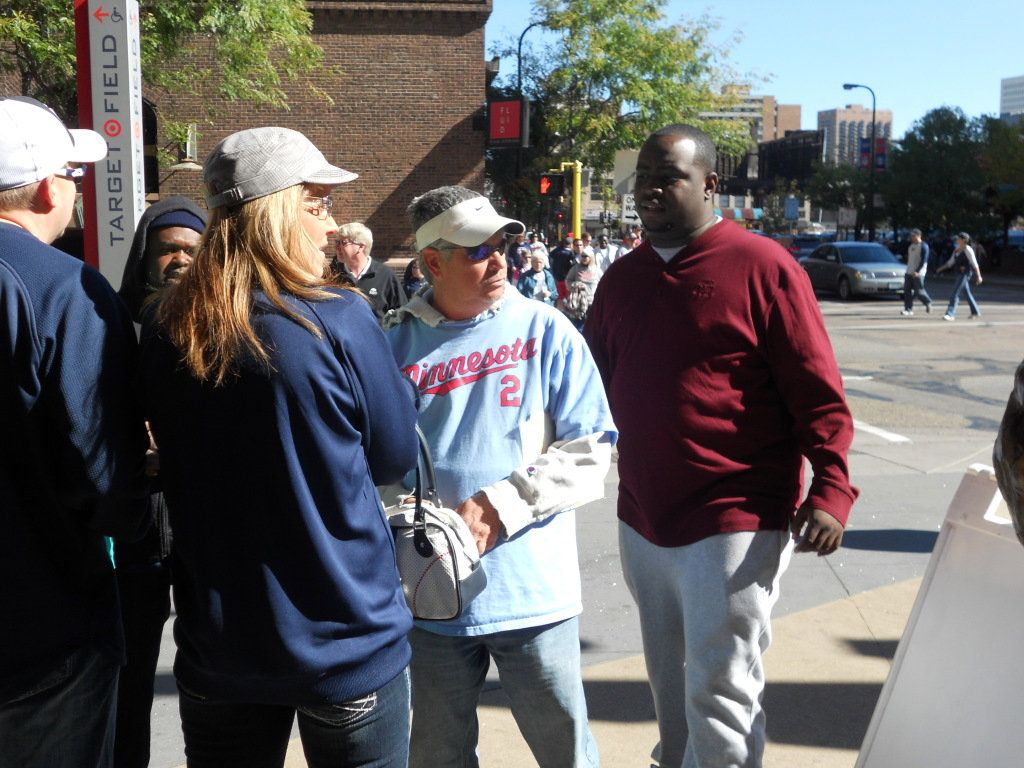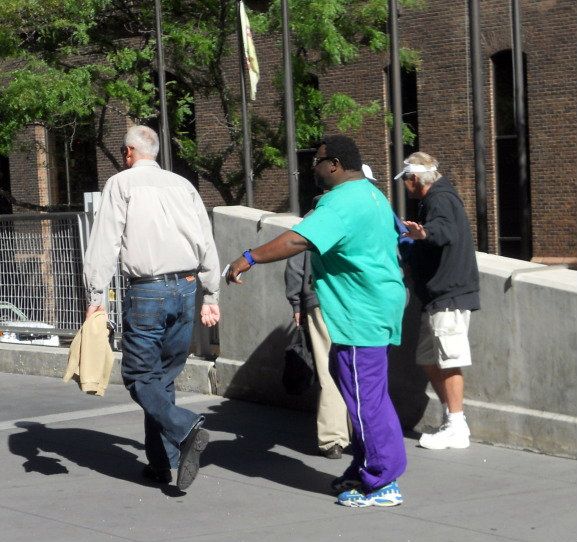Fifteen years ago, more than half of these types of surveillance tools were unavailable or not in widespread use, says Col. Lisa Shay, a professor of electrical engineering at the U.S. Military Academy at West Point who studies tracking.
"What would the 1950s Soviet Union have done with the technology we have now?" says Col. Shay. "We don't have a police state in this country, but we have the technology."
Most interesting is the fact that, with all these incredible technological advancements, processes and mechanisms that weren't even a dream just a short time ago, the nation-state and its agents still use the centuries-old technique of employing explosive force to drive a small metal pellet through the body of humans, with often fatal consequences, who are merely suspected of some crime or refusal of responsibility. There haven't been any technological leaps that would enable an agent of the state to harmlessly incapacitate a suspect offering resistance to arrest or attempting to flee. From this we must infer that the state and inventors that wish to sell their products to the company that never writes a bad check, are more interested in acquiring information that will increase their income and power, rather than save or extend lives. In fact, it seems as though agents of the state actually want to kill people.
On a parallel theme, there's been a problem with the social security numbers of some honored military veterans. On-line bios of the soldiers were accompanied by their social security numbers. Social security numbers were originally issued to identify wage earners so that their contributions to the national Ponzi scheme could be put in the right pigeon hole of the "lock box" and be eventually withdrawn when the worker retired. That limited use has expanded to make the social security number an identifier for all manner of things, both public and private, from issuance of fishing and hunting licenses to library cards to passports and college applications. Everybody gotta have a number. And since the number of an individual can be used for nefarious purposes by evil-doers, it has to be kept a secret shared only between the individual and the government. But the government, abstraction that it is, is made up of individuals as well. And they get to know the secret. What do you suppose the possibility might be that some pencil-pusher in either the public or private sector, with access to social security numbers and the attached names, has sold that information to whomever might need it? I'm betting that the possibility is 100%.
.

 Heller Hall, headquarters of undergrad economic indoctrination at the University of Minnesota.
Heller Hall, headquarters of undergrad economic indoctrination at the University of Minnesota.
 EH: Hi, Mr. Ford. Have a seat. Nice to see you. Heard a lot about you. Maybe you've heard of me?
EH: Hi, Mr. Ford. Have a seat. Nice to see you. Heard a lot about you. Maybe you've heard of me?




 Further information
Further information







